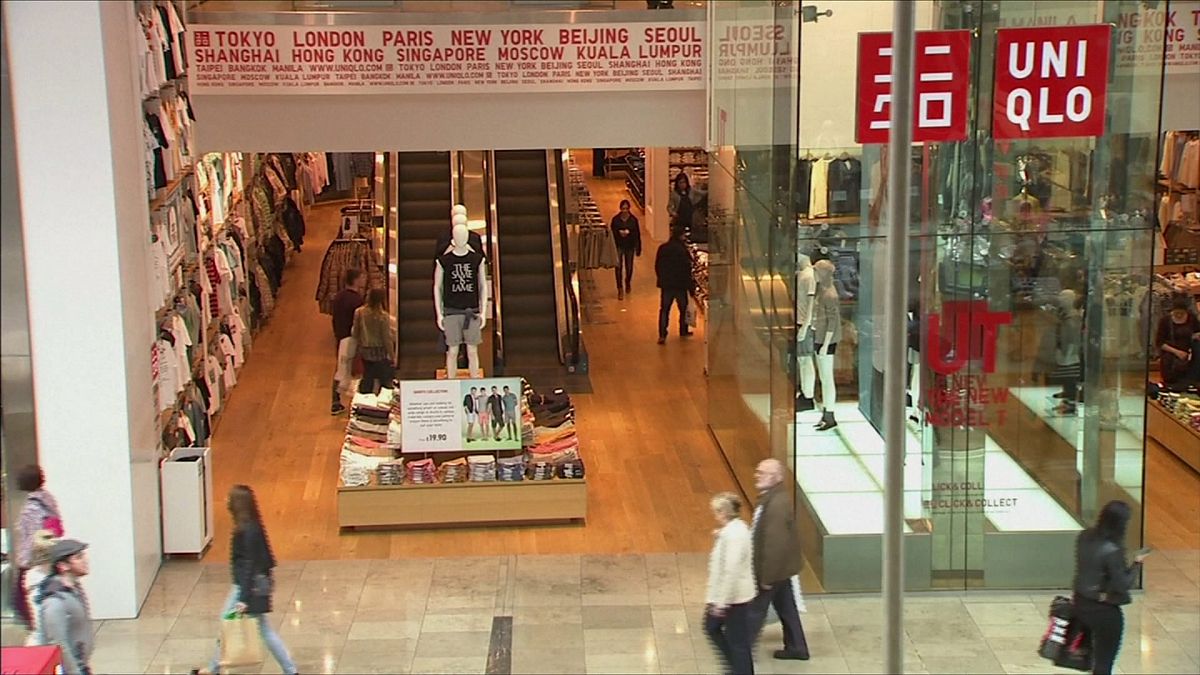British inflation shot past the Bank of England's 2.0 percent target last month, presenting the central bank with a dilemma over interest rates.
Inflation in Britain surged again last month.
Consumer prices were up by a stronger-than-expected 2.3 percent thanks to more expensive fuel and food.
That was up from the previous month’s 1.8 percent and above the 2.0 percent target of the UK’s central bank. It was the biggest annual increase in nearly three-and-a-half years.
Oil was pricier and the fall in the value of the pound linked to the Brexit vote has pushed up the cost of imported raw materials.
19.1% rise in raw material #prices in the year to February, down from 20.1% last month https://t.co/u42Ypg0Yvp#inflation
— ONS (@ONS) March 21, 2017
But even excluding oil and other volatile components such as food, core consumer price inflation rose to 2.0 percent.
#Prices of goods leaving UK factories +3.7% y-o-y in Feb17; petroleum products +23.4% largest contributor https://t.co/x3NjYgbczX#inflationpic.twitter.com/ZmeG7dBEOQ
— James Wells (@ONS_BizPrices) March 21, 2017
Wage increases are barely keeping pace which means Britons are facing lower incomes and reduced purchasing power.
Accelerating inflation is starting to eat into Britain's wages https://t.co/gUMJo7R37nhttps://t.co/1bfjaV92Ij
— Bloomberg Brexit (@Brexit) March 21, 2017
Bank of England’s conundrum
Inflation above the Bank of England’s (BoE) target presents policymakers with a dilemma.
They need to put up interest rates from the current record low level near zero in order to bring down inflation, but they are worried that higher borrowing costs will crimp economic growth.
February’s rise represented the first time in more than three years that inflation topped the BoE’s target, but Governor Mark Carney said it was important not to overreact to a single month’s data.
Carney has previously warned of “twists and turns” ahead for Britain’s economy as it prepares to leave the EU.
The BoE has said it expects inflation will peak at 2.8 percent in the second quarter of next year, but many economists say it is likely to hit 3.0 percent.
The BoE underestimated the extent of inflation’s rise after the global financial crisis in 2007-09 which also caused a sharp fall in the value of sterling.



